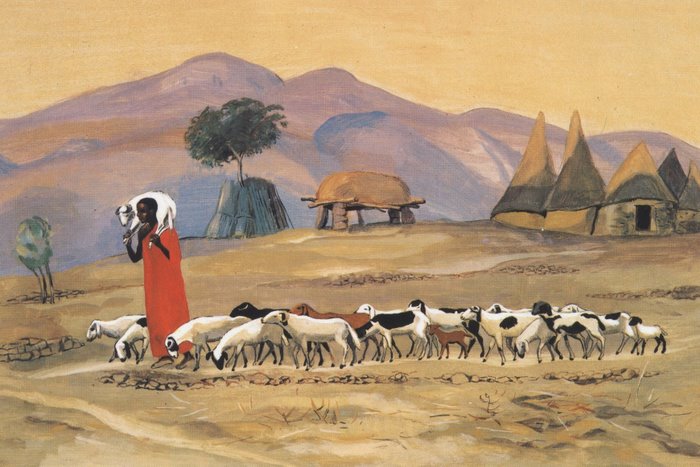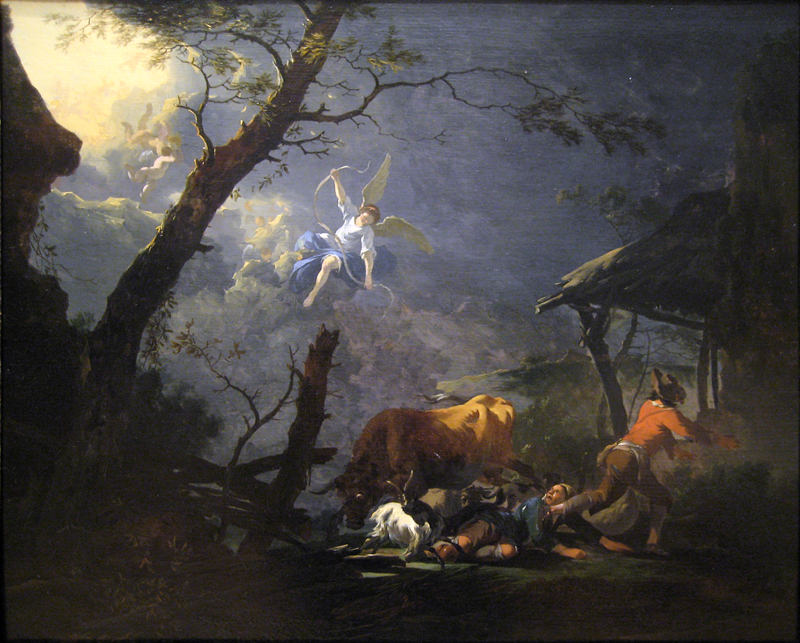“And there were in the same country shepherds abiding in the field keeping watch over their flock by night.” (Luke 2:8 KJV)
The season of Advent is once again upon us. Advent starts four Sundays before Christmas and is a time to prepare for Christmas. This year I want to ponder some of the “supporting cast” of the Christmas story. Specifically, I want to look at the ones who are waiting; in the case of the first Christmas, waiting for the coming of the Messiah.
First up will be the shepherds. There has been some debate on the place of shepherds in the society of the 1st century. The shepherd metaphor is a powerful one in the Old Testament. In Ezekiel 34 God promises to be Israel’s shepherd, to replace the evil shepherds that had ruled over them. King David comes on the scene as a shepherd. One of the best know Psalm, Ps 23, says ‘The LORD is my shepherd, I shall not want”

But the life of a shepherd kept them on the move They needed to continually be finding fresh pasture for the sheep. The sheep needed constant care. This meant that shepherds could not participate in the usual religious life of the Jewish people. So people, and especially the religious, looked down on them. Notice that Luke seems to have an eye towards those who are regarded as of lower status. Mary (more on her in a future post) says, “He has brought down the powerful from their thrones, and lifted up the lowly; he has filled the hungry with good things, and sent the rich away empty.” Luke 1:52-53 (NRSV) The shepherds, perhaps because of their lowly status, are the first to be told of Jesus birth.
So what can we learn from the shepherds?
I said I wanted to look at people who were waiting for the Messiah, but it doesn’t look like the shepherds were waiting for anything! They were just doing their job. But we can think about a few good things:
First, even if some people looked down on them, they did a very important task. Sheep were critical to life. Sheep provided meat, milk, and wool – all important products. It is possible that these shepherds, working in close proximity to Jerusalem, were watching over livestock that was destined for the temple to be sacrificed.
The work you do, as students and faculty is also important. Your long hours “abiding in libraries by night” brings about produce that is important to the life of society. Do your work well and to God’s glory.

Finally, the good stuff often happens when we are just “hanging out.” The shepherds were doing their jobs, not out looking for some special experience, but that is exactly what they got. So don’t be surprised when God comes to you at an unexpected time, tells you Good News, and then sends you out to spread the word.
More of the cast: The Wise Men.
For the Emerging Scholars Network’s growing Advent collection click here.
Charlie Clauss works with Intervarsity’s Graduate Student and Faculty Ministry in Minnesota and the Dakotas.

Thank you, Charlie. I’ve considered the grace of God in revelation to the shepherds before and the difference between our pristine, older testament associations of King David’s youth and Ezekiel perspectives with newer testament times and not-so desirable shepherd vocation viewpoints. But I’d never likened it to people putting you down because of your important, necessary, but time demanding vocation like in the academe. And how such can keep one from some of the regularities we perceive the rest of the community of faith enjoy. Insightful. Thanks for writing and sharing this. I gained some new hope in Christ, calling, vocation, plus in the receiving and extending of grace. Thanks again!